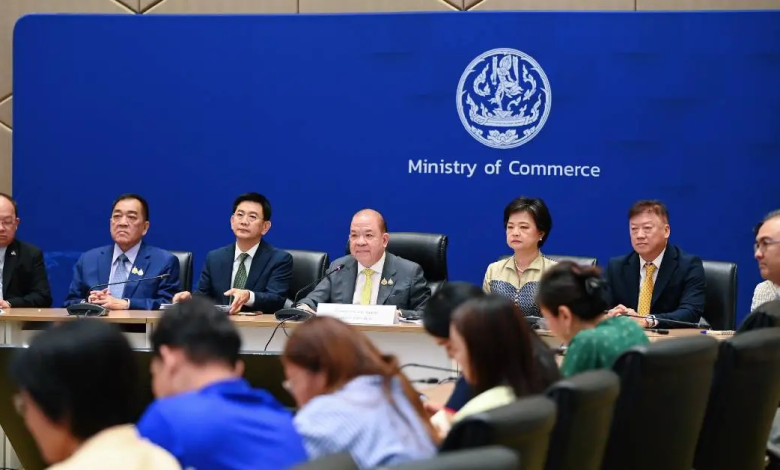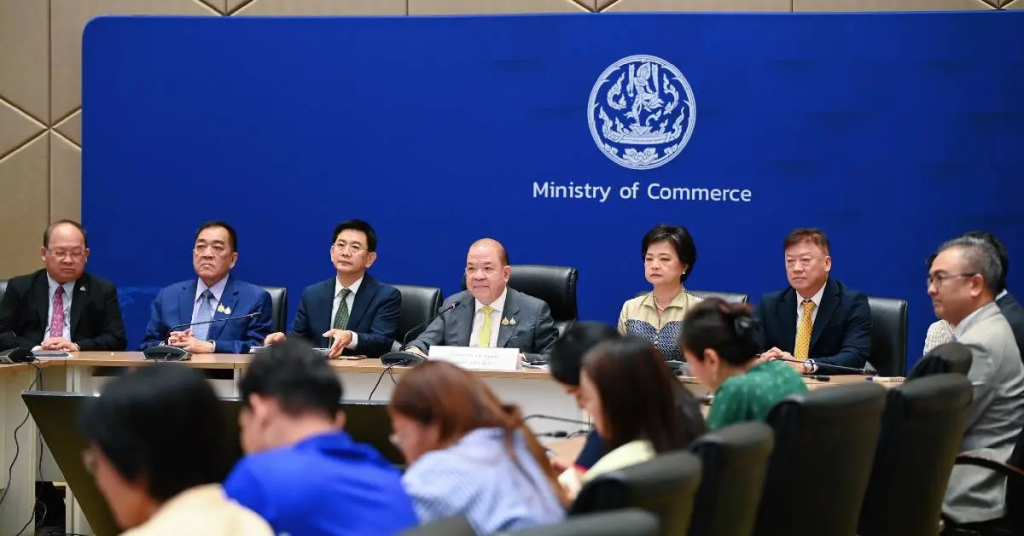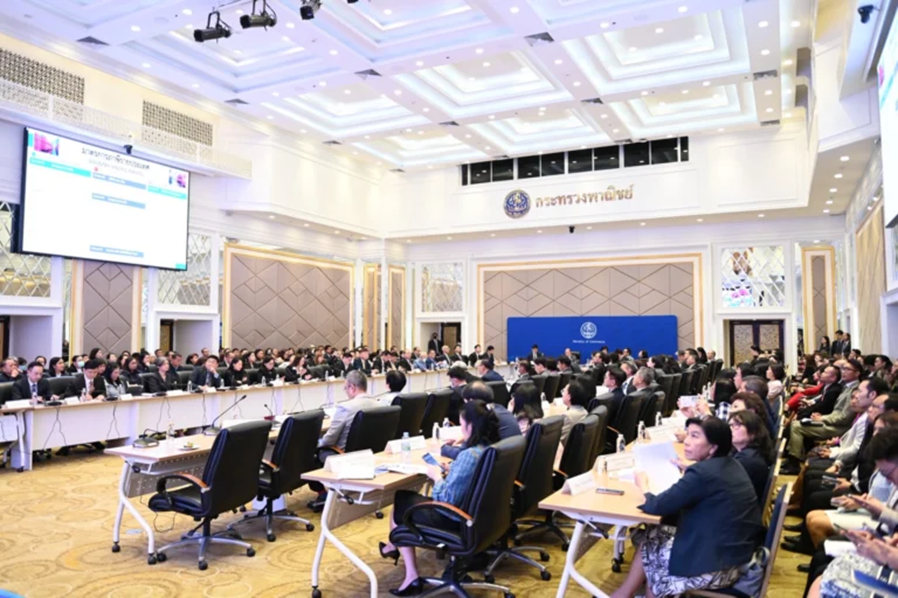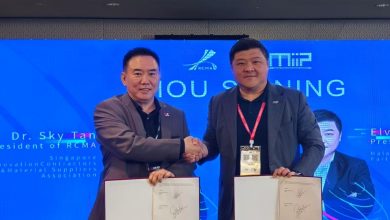Pichai Collaborates with Private and Public Sectors to Expand Export Markets


Bangkok, Thailand
Mr. Pichai Naripthaphan, Minister of Commerce, convened a policy meeting with over 200 participants, including directors of overseas trade promotion offices, Thai permanent representatives to the World Trade Organization and the World Intellectual Property Organization, commercial counselors, and provincial commerce officers. The meeting also included representatives from the Federation of Thai Industries, the Thai Chamber of Commerce, and the Thai National Shippers’ Council.
The minister emphasized the integration of proactive efforts between the Ministry of Commerce and the private sector to drive the government’s policies cohesively. The focus is on enhancing exports in the latter half of the year amidst challenges such as the U.S. reciprocal tariffs and global economic volatility.
Key strategies discussed include targeting five major markets: the United States, India, the Middle East, ASEAN, and China. The approach involves leveraging Thailand’s soft power to promote Thai products in premium markets, utilizing Free Trade Agreements (FTAs), and integrating efforts between provincial commerce offices and overseas trade representatives. 
Mr. Pichai stated that 2025 remains a golden year for Thai exports, provided that measures are effectively implemented. This includes accelerating FTA negotiations with the European Union and exploring new markets in the Middle East and ASEAN. The revamped “Thai SELECT” program, which awards stars to Thai restaurants abroad, is also part of the strategy to elevate Thai cuisine to global standards. 
The minister outlined ten urgent policies to transform crises into opportunities, expand export markets, build confidence, and enhance Thailand’s role in global trade:
1. Thailand’s economy is on a positive trajectory, with exports growing by 10.2% for ten consecutive months. Under Prime Minister Paetongtarn Shinawatra’s seven-month administration, exports have averaged a 12.5% growth. 
2. Advance negotiations on U.S. tariff measures based on economic cooperation and mutual investment promotion.
3. Expedite negotiations and sign new FTAs with groups such as EFTA, Bhutan, the EU, the UK, South Korea, and ASEAN-Canada. A meeting with EU Trade Commissioner Maroš Šefčovič is scheduled for June 4 to push for a swift conclusion of the EU FTA, aiming to finalize the deal within this year.
4. Implement seven measures and 25 action plans for fruit management, covering market expansion, confidence-building, processing, and facilitation. 
5. Open new markets for key agricultural products like rice and cassava.
6. Promptly address agricultural product issues by coordinating with relevant domestic and international agencies.
7. Promote the new “Thai SELECT” logo to enhance the global image of Thai cuisine. 
8. Foster seamless integration between provincial commerce offices and overseas trade representatives.
9. Proactively communicate the Ministry of Commerce’s achievements to build understanding of its roles and missions, emphasizing close collaboration with the private sector in all aspects of trade and exports.

Dr. Phot Aramwattananon, Chairman of the Thai Chamber of Commerce, expressed appreciation for the minister’s short-, medium-, and long-term strategies, particularly the urgent need to address U.S. tariff issues collaboratively.
Mr. Kriangkrai Thiennukul, Chairman of the Federation of Thai Industries, noted that the proactive approach of the Ministry of Commerce enables the private sector to plan more effectively and is ready to provide full support amidst intense competition.
Mr. Dhanakorn Kasetrsuwan, Chairman of the Thai National Shippers’ Council, observed that the collaborative meeting with the Ministry of Commerce reflects a positive direction, indicating a proactive dimension that bodes well for international trade. The Ministry is poised to be a formidable force in global commerce.




